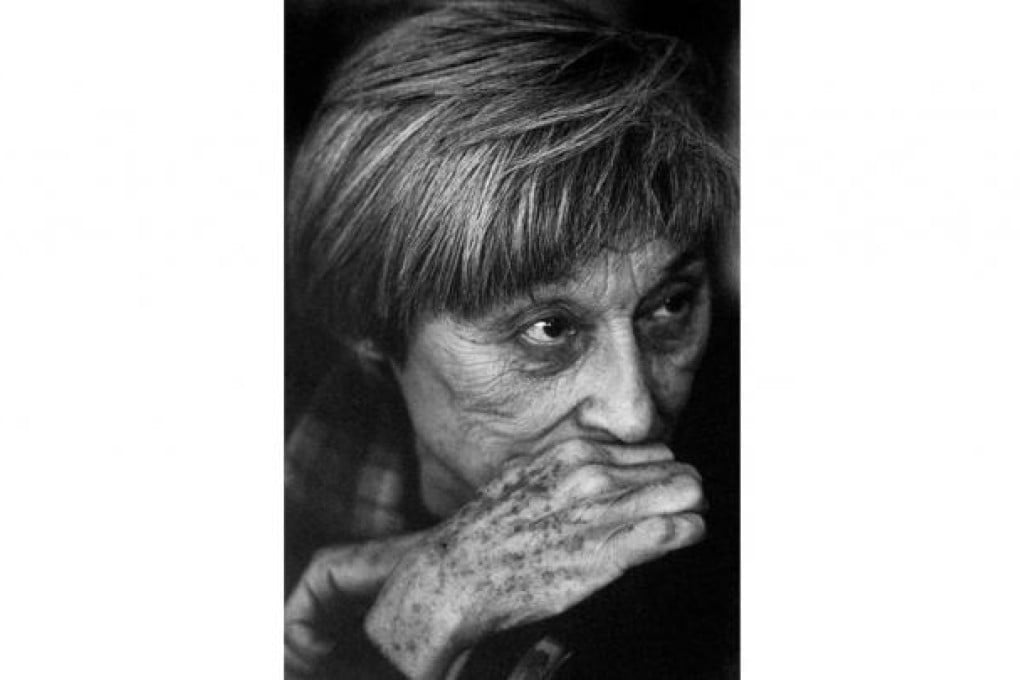Han Suyin loved China but turned a blind eye to its excesses
Han Suyin's glowing accounts of communist China raised the hackles of those who suffered during its turmoil, but she saw no need to apologise

There are few women whose life and views on modern China have aroused as much controversy as Han Suyin, who died aged 95 in Switzerland on November 2.
A Eurasian doctor and writer, Han's prolific writings and lectures on China and Asia from the 1940s to the 90s fascinated more than a generation of Western audiences. In the days when few foreigners had access to Communist China, Chinese-born Han carved out a unique role for herself as a bridge between East and West.
Han, who openly lauded Mao Zedong and his Cultural Revolution, was castigated as an apologist, but her talent, beauty and glamorous life enthralled even her harshest critics.
She published more than 40 books, some of which portrayed her dramatic life that spanned China (including Hong Kong), Belgium, Britain, Nepal, India, Malaya and Singapore against the backdrop of civil wars, the second world war and the Korean war. Her 1952 autobiographical novel detailed her doomed romance with Ian Morrison, a married Australian correspondent for who was one of the first journalists killed in the Korean war in 1950. The book was later made into an Oscar-winning Hollywood film.
Han married three times - her second husband, Dr Leon Comber, whom she married in 1952 but later divorced, described her as "an attractive and unusual person" in an e-mail last week but declined to comment further.
Han - whose real name was Rosalie Matilda Kuanghu Chou - was born to a Belgian mother and Chinese engineer father in China, probably in 1916, although the exact year was unclear, said her granddaughter, Karen Shepard.